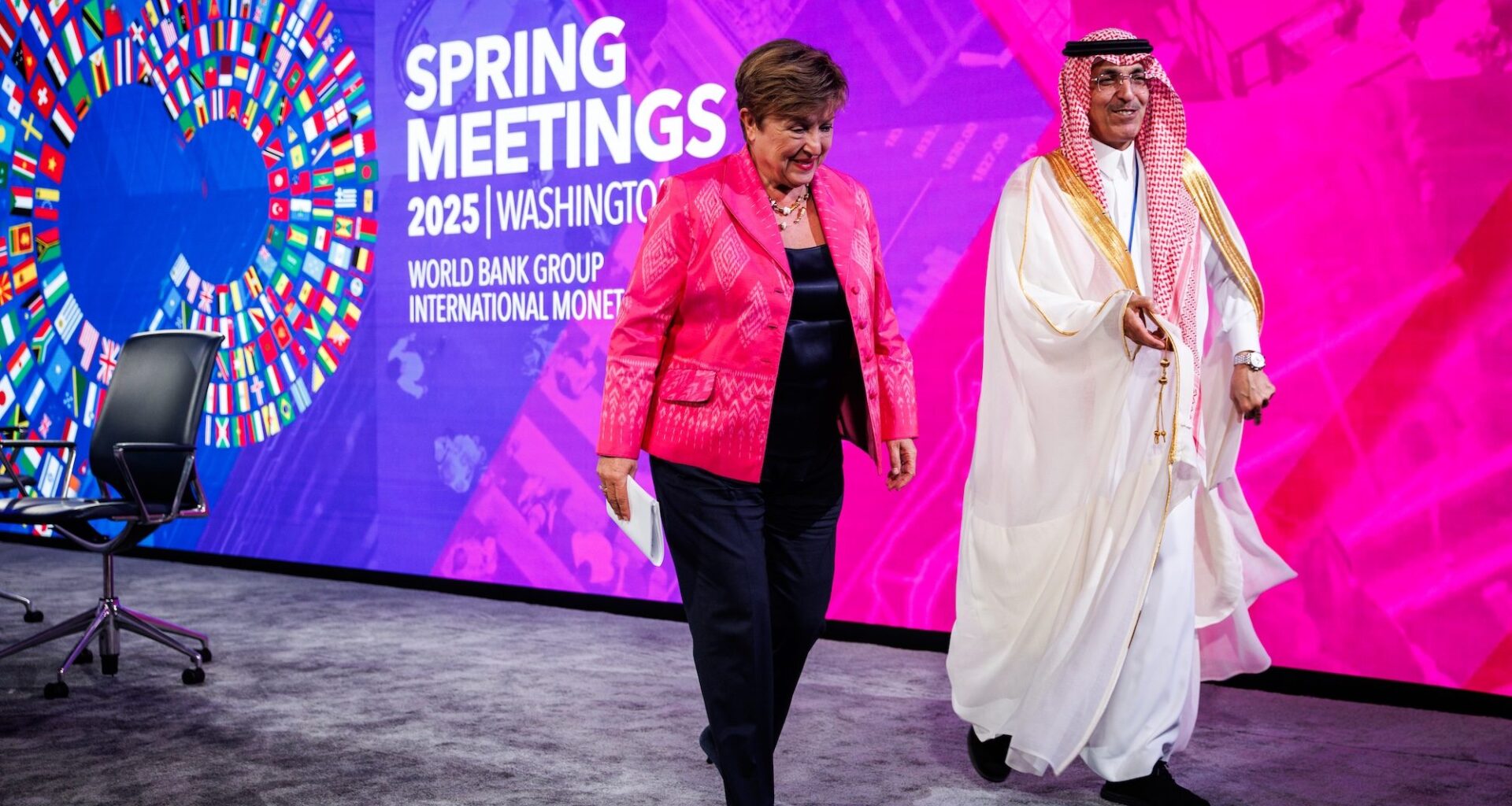Expansion of non-oil economy
IMF recommends state salary cuts
The International Monetary Fund is urging Saudi Arabia to pursue “a countercyclical fiscal stance” despite its growing current account and budget deficits.
In a statement released on Monday, the IMF praised Saudi Arabia’s “strong resilience to shocks”, its expansion of the non-oil economy, low inflation rates and record-low unemployment levels.
The fund’s Article 4 consultation on Saudi Arabia identified near-term risks facing the country, including weaker oil demand due to global trade tensions and regional security concerns dampening investor sentiment.
However, room for growth might be found in higher oil production or additional investments linked to Vision 2030 initiatives.
Saudi Arabia is relying increasingly on global debt markets to fund its diversification programme and has become by far the biggest bond issuer in the Middle East. In the first half of this year, it accounted for more than half of total bond and sukuk issuances in the region, according to Markaz, a Kuwaiti asset management company.
It issued about $48 billion of bonds and sukuk in the first half of 2025, twice as much as the UAE, the second-largest Mena bond issuer.
Further reading:
The IMF also voiced support for tax reforms and a broadening of the Saudi tax base to increase non-oil revenue. It recommended cutting state salaries and energy subsidies to help balance the government’s books.
Saudi Arabia’s budget deficit in the second quarter of this year doubled compared to the previous year, driven by a drop in the oil price and a slashing of Aramco oil dividends.
